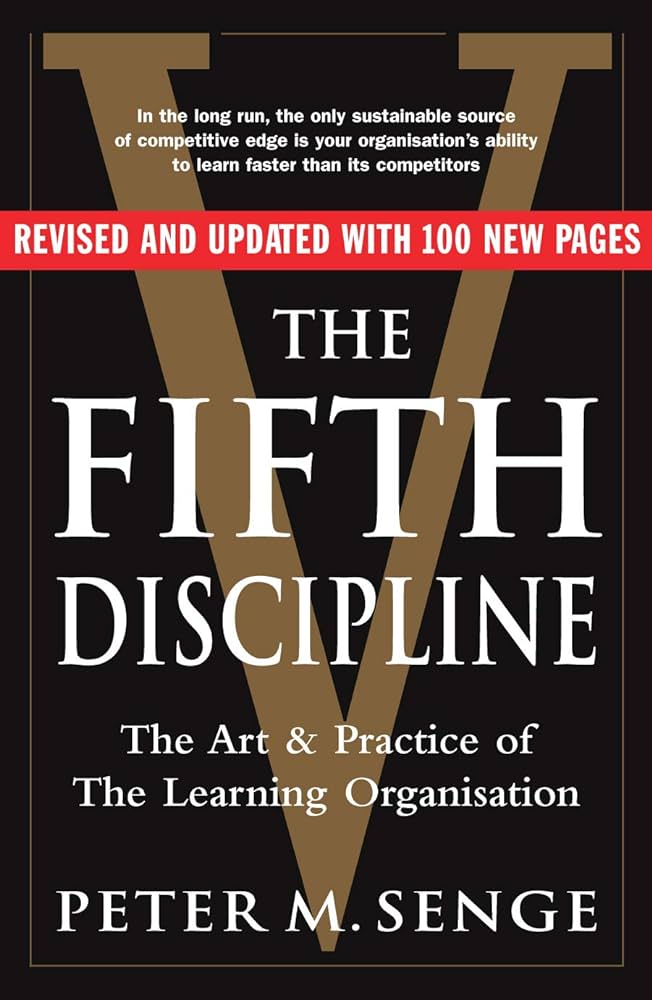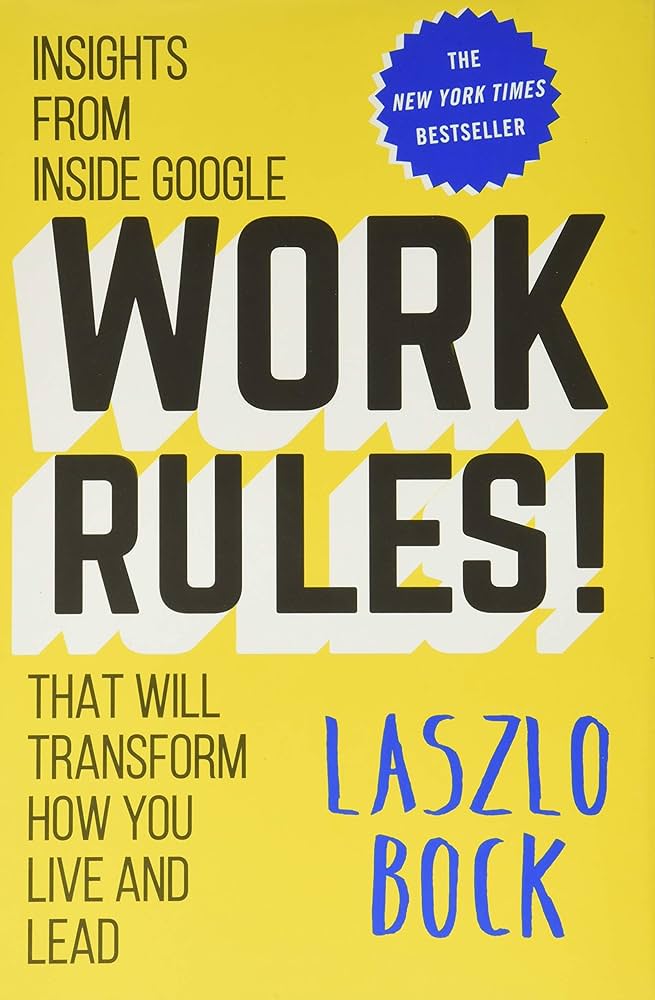See All
Sort by:
Brenner underscores the influential role of empathy in business, proposing that kindness not only fosters increased profits but also contributes to a more fulfilling professional life.
Hamel and Zanini challenge bureaucratic systems, advocating for "humanocracy" where every employee's potential is unleashed. They provide concrete methods to transform traditional organizations into talent-centric ones.
Organizational health is key to business success; Lencioni guides leaders in fostering a cohesive, clear, well-communicated, and reinforced working environment to achieve sustainable success.
In this book, co-authors Terry R. Bacon and David G. Pugh explore how exceptional companies use the principles of behavioral strategy to exceed expectations and outperform competitors.
"Brave New Work" by Aaron Dignan reimagines work and its connection to people, providing a blueprint for reshaping corporate culture and driving transformative change in organizations.
Laszlo Bock depicts Google’s corporate culture and explains how it is applicable to many other environments. He believes that people are fundamentally good and should be trusted.
The best book reviews in your inbox!
Subscribe now and receive a special gift with your subscription.
The author is a professor of behavioral economics and seeks to reveal the hidden forces that shape our decisions, including some of the reactive causes of the 2008 financial crisis.
The authors apply their knowledge on the subject with their firsthand experience with gaming concepts to create a guide to gamification and its application within the business environment.
Brian Burke’s book offers an excellent introduction to gamification and a very useful, albeit generic, guide to developing gamified solutions. Burke also seeks to dispel common misconceptions about gamification.




 Copy Link
Copy Link
 E-mail
E-mail
 LinkedIn
LinkedIn
 Facebook
Facebook
 Telegram
Telegram
 WhatsApp
WhatsApp




























 Go Back
Go Back